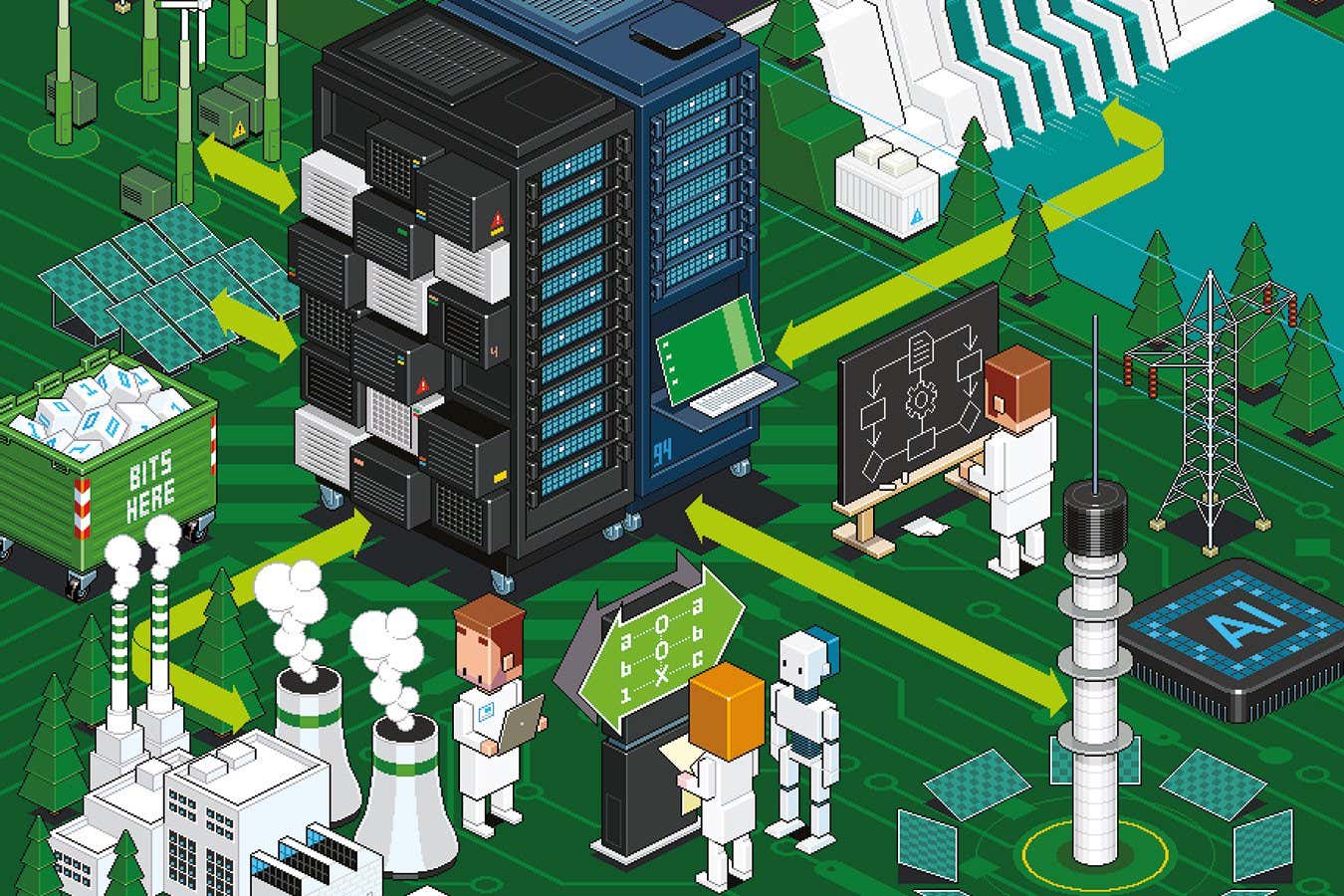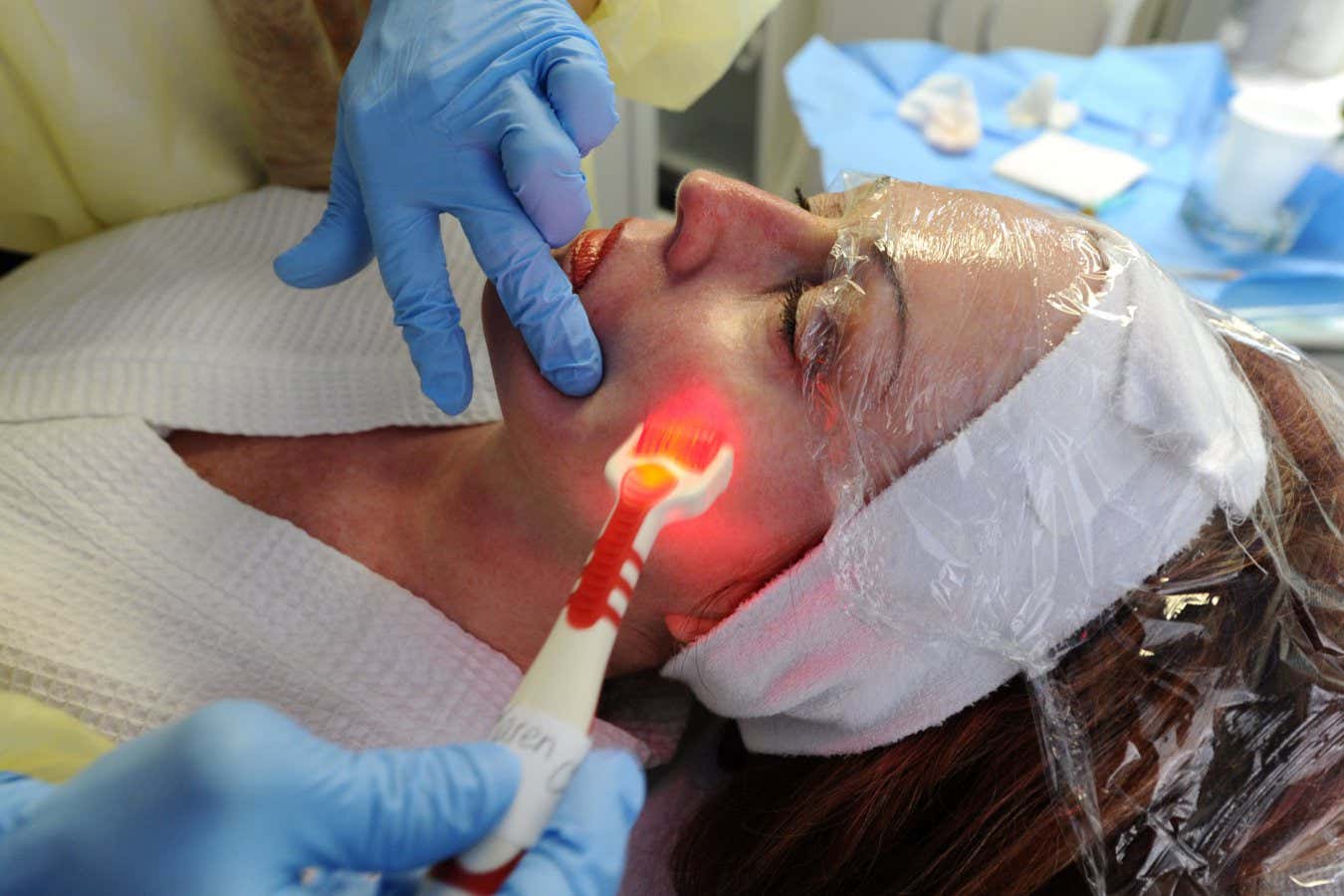South Korea’s Yoon skipped questioning again
South Korean President Yoon Suk Yeol has again refused to answer investigators’ questions about his recent declaration of martial law. He wants to defend himself first at his impeachment trial.
According to Yonhap News, Yoon didn’t show up on Wednesday morning when he was supposed to meet with the Corruption Investigation Office for High-ranking Officials (CIO). This is the second time he’s missed such a meeting – he skipped one last week. When asked about this, Yoon’s team didn’t immediately respond.
By avoiding these meetings, Yoon might slow down the case against him in the short term. However, this behaviour also increases the chance that he could be arrested. It’s not clear yet whether the investigators will try to question him a third time or if they’ll try to get permission to arrest him instead.
Oh Dong-woon, who leads the CIO, spoke about this at a parliament meeting on Tuesday. He said they haven’t decided yet whether they’ll ask for permission to arrest Yoon if he continues to refuse to come in for questioning voluntarily.
China kept its interest rate steady
China’s central bank has decided to keep its main interest rate at 2%. They seem to be saving their options in case trade problems with America get worse.
The People’s Bank of China (China’s central bank) announced this decision on Wednesday. The last time they changed this rate was in September when they reduced it by 0.3 percentage points.
Earlier this month, Chinese officials said they would use “moderately loose” money policies – the first change in their approach in about 14 years. They also promised to be more active in using government spending to help the economy.
However, they haven’t announced any specific plans yet. This careful approach suggests they’re waiting to see what happens with the new tariffs that President-elect Donald Trump has threatened to impose.
Read Also: Trudeau promises to retaliate if Trump imposes tariffs
CBN’s whistleblower platform will go live in January
Nigeria’s central bank (CBN) is setting up a new system for people to report wrongdoing, which will start working on January 1, 2025. This system will be hosted outside the bank’s own computers.
The CBN shared this news in their December 2024 update. They explained that this is part of their plan to make banking in Nigeria more honest and open. The new system will give bank employees, suppliers, advisors, managers, and others a safe way to report bad behaviour, such as people breaking rules or acting unethically.
The bank has stressed that people who report problems won’t have to worry about getting into trouble for speaking up.
Nigeria budgeted N45.2bn for prison repairs, feeding
The Nigerian government plans to spend about N38 billion to feed prisoners in 2025. They’re also setting aside N7.2 billion to improve prison facilities, which have seen several breakouts in recent years.
The government wants to use this money to fix run-down buildings and make conditions better for both prisoners and staff. They’re also planning to spend about N1.7 billion on uniforms and clothes for prisoners, and just over N1 billion on medical supplies.
Part of the money (about N563 million) will go towards building a new high-security prison in Abuja that can hold 3,000 people.
Turkey increased its minimum wage by 30%
Turkey has decided to raise its minimum wage by 30% for 2025, a move that has actually pleased investors who want to see Turkey get its high inflation under control.
Labour Minister Vedat Isikhan announced on Tuesday that the monthly minimum wage will go up from 17,002 liras to 22,104 liras (worth about $627). This increase was what financial experts expected. This change is important because more than one-third of Turkish workers earn minimum wage, and the minimum wage often influences how much other people get paid too.
Investors were worried that if the increase had been more than 30%, it would have made it harder for Turkey’s central bank to meet its goals for controlling inflation. They were also concerned it might delay any plans to lower interest rates, which haven’t been reduced since February 2023.








Leave a Comment